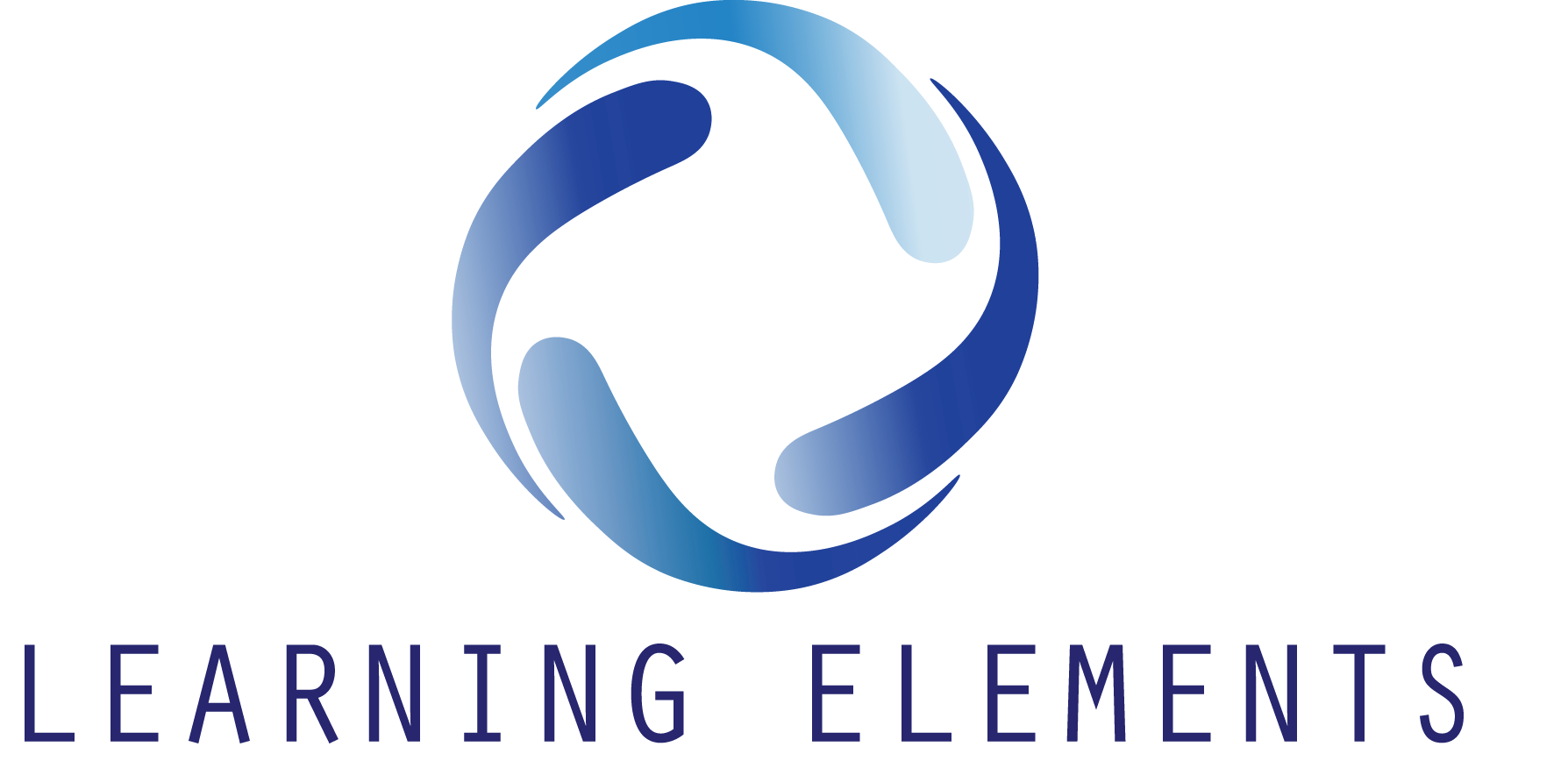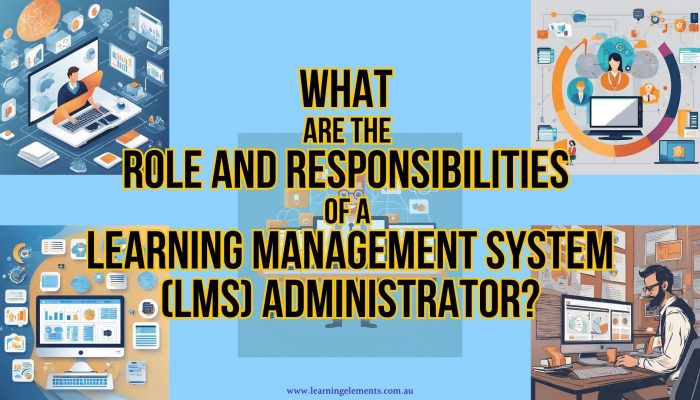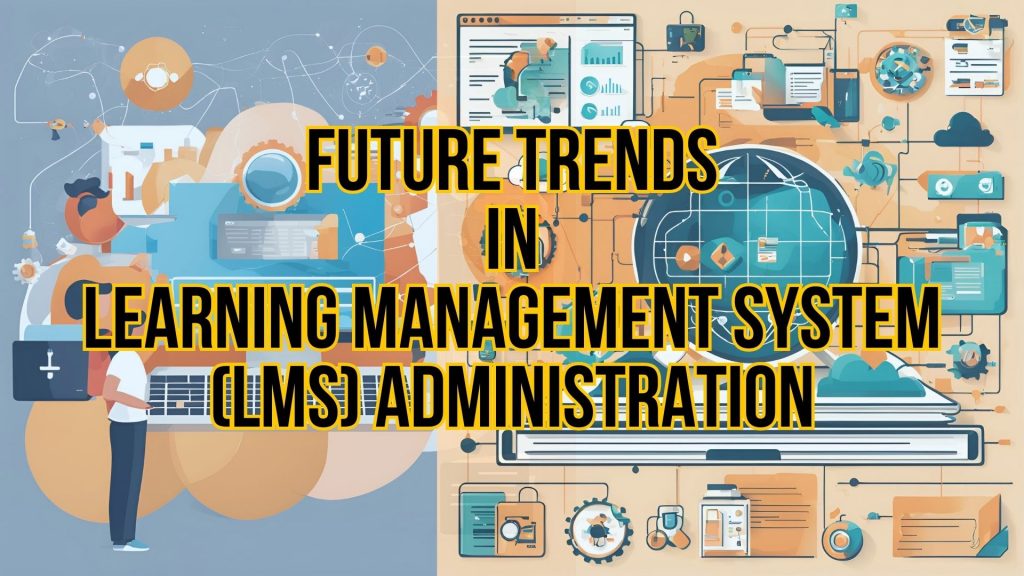Learning Management System Administrator: An In-Depth Look at the Role and Responsibilities
A Learning Management System administrator plays a crucial role in the effective management of educational and training platforms within organisations. As online learning grows, this role becomes even more important, with responsibilities ranging from ensuring system efficiency to meeting user expectations and aligning with business objectives. Want to understand what it takes to excel in this role and the impact it can have on your organisation’s success? Keep reading to explore the essential skills, challenges, and strategies every effective LMS administrator needs.
Have unique LMS needs or goals? Let’s discuss how we can support your team!
Understanding the Role of a Learning Management System Administrator
The primary role of a Learning Management System administrator includes configuring and maintaining the LMS, managing user access, and ensuring that course content is up-to-date and accessible. They also troubleshoot technical issues, support end-users, and work closely with other departments to ensure the LMS meets organisational needs.
Essential Skills and Competencies
Key skills required for an LMS administrator include technical expertise in LMS software, problem-solving abilities, and strong communication skills. An understanding of educational practices and data management is also essential.
User-Centric Design and Accessibility
A key responsibility for LMS administrators is ensuring the platform is accessible and user-friendly for a wide range of learners. This includes designing interfaces that are intuitive and easy to navigate, enhancing access for diverse learners. Administrators should consider accessibility features, such as text-to-speech options, adjustable text sizes, and compatibility with assistive technologies like screen readers. By prioritising an inclusive design, administrators can create an LMS environment that supports diverse learning needs, thereby improving the experience and effectiveness of the platform for all participants.
Key Tasks of a Learning Management System Administrator
- System Configuration and Maintenance
One of the main tasks of an LMS administrator is to configure the system according to the organisation’s needs. This includes setting up user roles and permissions and customising the interface to enhance usability.
- User Management and Support
Managing users involves creating accounts, enrolling learners in courses, and providing technical support to resolve any issues they encounter. Effective user management ensures a seamless learning experience for all participants.
- Course Content Management
LMS administrators are responsible for uploading and organising course content, ensuring it is accessible and meets the required standards. They also manage updates and revisions to keep the content current.
Leveraging Technology for System Optimisation
Optimising LMS Processes
By incorporating sales process optimisation techniques, LMS administrators can streamline processes within the system, such as automating enrolments and tracking progress. This not only improves efficiency but also enhances the overall user experience.
Using Technology to Enhance LMS Efficiency
Technology plays a vital role in enhancing the efficiency of an LMS. LMS administrators can use tools like data analytics, automated reporting, and integrations with other business systems to create a more dynamic and responsive learning environment.
Challenges Faced by Learning Management System Administrators
Common Obstacles in System Administration
LMS administrators often face challenges that can impact the overall effectiveness of the platform. Frequent issues include:
- System Downtime and Technical Issues: Downtime or technical malfunctions can interrupt learning activities, affect productivity, and reduce user confidence in the system.
- User Resistance to New Technologies: Many users, especially those unfamiliar with digital platforms, may resist changes or new functionalities within the LMS, slowing down adoption and overall effectiveness.
- Maintaining Data Security and Compliance: Given that LMS platforms store personal and academic data, administrators face the ongoing challenge of securing information and ensuring compliance with data protection regulations.
- Scalability and Performance Under High Demand: As organisations grow, the LMS must accommodate more users, content, and functionalities. Administrators often struggle with ensuring system performance during peak usage.
- Content Management and Regular Updates: Keeping course materials relevant and up-to-date is essential, but it can be challenging to manage regularly. Stale or inaccurate content can undermine the learning experience.
Strategies to Overcome Challenges
- Stay Updated with Technological Advancements: Administrators should keep up with new LMS functionalities, updates, and third-party tools that enhance performance, automate tasks, and address security gaps. Regular training or industry certifications can help maintain this expertise.
- Ongoing User Training and Support: Proactively addressing user resistance by offering ongoing training and accessible support channels can help ease the transition to new features and ensure users feel confident navigating the platform.
- Implement Strong Data Security Protocols: LMS administrators should adopt robust security practices, including encryption, secure access protocols, and regular audits, to protect sensitive data and comply with regulations.
- Optimise System for Scalability: Planning for growth by optimising storage, using load balancers, and working closely with IT to handle high demand will ensure a smooth user experience, even as the organisation expands.
- Regular Content Audits and Updates: Administrators should conduct periodic reviews of course content and collaborate with content creators to ensure that materials remain relevant and engaging. Integrating feedback loops helps align course content with learner needs.
Need help tackling these LMS challenges in your organisation? Book a quick consultation with our team.
Ensuring Data Security and Compliance
Importance of Data Protection in LMS
Data security is critical in an LMS, as it involves sensitive information about learners and organisational practices. Administrators must ensure that all data is encrypted, access is controlled, and regular security audits are conducted.
Compliance with Educational Standards and Regulations
LMS administrators are also responsible for ensuring that the system complies with relevant educational standards and regulations. This includes adhering to data protection laws and maintaining the integrity of certification processes.
Measuring LMS Performance
Key Metrics for Evaluating LMS Effectiveness
To evaluate the effectiveness of the LMS, administrators should track metrics such as course completion rates, user engagement levels, and feedback scores. These metrics provide valuable insights into the system’s performance and areas for improvement.
Continuous Improvement through Performance Tracking
By continuously monitoring these metrics, LMS administrators can identify trends, predict potential issues, and implement changes to improve the system’s effectiveness over time.
Related Read: How to Plan Your Continuous Professional Development (CPD) Strategy
Building a High-Performing LMS Team
Collaboration with IT and Educational Teams
A successful LMS requires collaboration between the administrator, IT, and educational teams. This ensures that the technical aspects align with the educational goals and that users receive comprehensive support.
Cultivating a Culture of Excellence in LMS Management
LMS administrators should foster a culture of continuous learning and improvement within their teams. This involves encouraging innovation, sharing best practices, and staying informed about industry trends.
Supporting Business and Sales Transformation through LMS
Role of LMS in Supporting Organisational Change
An effective LMS can play a key role in supporting business and sales transformation by providing the tools needed for training and development. This aligns the workforce with the organisation’s evolving goals and strategies.
Aligning LMS Strategies with Business Goals
LMS administrators must ensure that the system supports broader business objectives, such as improving employee performance and facilitating organisational change. This alignment enhances the value of the LMS as a strategic asset.
Vendor Management and LMS Selection
Selecting the right LMS platform and managing vendor relationships effectively can make a significant difference in the success of an organisation’s learning initiatives. LMS administrators should carefully assess potential vendors, considering factors such as the platform’s scalability, integration capabilities, support options, and cost-effectiveness. Once implemented, managing vendor relationships through regular check-ins, service reviews, and clear communication ensures that the platform remains aligned with organisational needs. This approach helps adapt the LMS to any changes in organisational objectives or user requirements, enabling long-term value and performance.
Future Trends in LMS Administration
Emerging Technologies in Learning Management Systems
The future of LMS administration will likely involve the integration of emerging technologies such as artificial intelligence (AI), machine learning (ML), and virtual reality (VR). These technologies have the potential to transform the learning experience by offering new opportunities for personalisation, immersive content, and adaptive learning pathways that respond to each learner’s unique needs and pace.
The Role of Data Analytics in Enhancing Learning Outcomes
Data analytics is becoming crucial to LMS functionality, enabling administrators to gain insights into learner behaviour, track progress, and assess course effectiveness. By leveraging data, administrators can identify learning gaps, fine-tune content, and create more targeted, outcome-focused training programmes.
Mobile Learning and On-the-Go Accessibility
As mobile device usage grows, there is an increasing need for LMS platforms to be mobile-friendly. Future LMS solutions are expected to prioritise mobile access, allowing learners to engage with content anytime, anywhere. This trend supports both flexibility and higher engagement levels, especially for remote teams and busy professionals.
Cloud-Based LMS Solutions for Scalability
The shift to cloud-based LMS platforms offers scalability, flexibility, and remote accessibility, which are critical for organisations with distributed teams. Cloud-based systems also simplify updates and reduce hardware costs, enabling administrators to focus more on enhancing learning content rather than managing infrastructure.
Ready to modernise your LMS strategy? Talk to us today or learn more about our solutions.
Preparing for the Future of LMS Administration
To prepare for these advancements, LMS administrators must stay updated on technological developments and be ready to adapt their systems and strategies accordingly. They should also invest in upskilling to manage these evolving tools effectively and ensure that they meet data security and compliance requirements as these systems advance. Staying proactive is essential!
Tips for Continuous Learning for Administrators
As technology evolves, continuous learning is crucial for LMS administrators to remain effective in their roles. Administrators should engage in regular training, attend industry webinars, and consider obtaining relevant certifications to stay current with emerging LMS features, tools, and best practices. Joining online forums and professional groups can also provide networking opportunities and practical insights into problem-solving. By prioritising continuous learning, LMS administrators can maintain the expertise needed to manage, optimise, and innovate within their LMS, ultimately benefiting both learners and the organisation.
Ready to Sharpen Your Skills?
Stay ahead in your role with our specialised courses. Contact us for more details on courses that build your LMS administration skills!
Common Misconceptions About LMS Administration
Many assume that LMS administration is solely a technical role or that, once set up, an LMS requires minimal oversight. However, effective LMS administration goes beyond basic configuration; it requires strategic thinking, communication skills, and an understanding of learning principles. An LMS needs continuous management, including content updates, user support, data monitoring, and performance optimisation. Addressing these misconceptions can help stakeholders appreciate the value that skilled LMS administrators bring to an organisation, reinforcing the role as a vital part of learning and development initiatives.
FAQs
- What is the role of a Learning Management System Administrator?
A Learning Management System Administrator is responsible for managing, configuring, and maintaining the LMS, ensuring it meets the organisation’s needs and supports effective learning. - How does an LMS administrator support business and sales transformation?
By aligning LMS strategies with business goals and implementing process optimisations, an LMS administrator supports organisational change and enhances workforce development. - What skills are essential for an LMS administrator?
Essential skills include technical expertise in LMS software, problem-solving, strong communication abilities, and an understanding of educational practices and data management.
Conclusion
The Learning Management System administrator is essential to meeting an organisation’s learning and development goals. By effectively managing and optimising the LMS, they contribute to business transformation, improve learning outcomes, and drive organisational growth. If you’re looking to enhance your LMS setup or need expert guidance to maximise your system’s impact, don’t hesitate to reach out to us.
For more insights into how technology and skilled management can elevate your learning platforms, explore more in our blog posts or book a FREE consultation with us to learn how our services can support your LMS needs and growth objectives.



